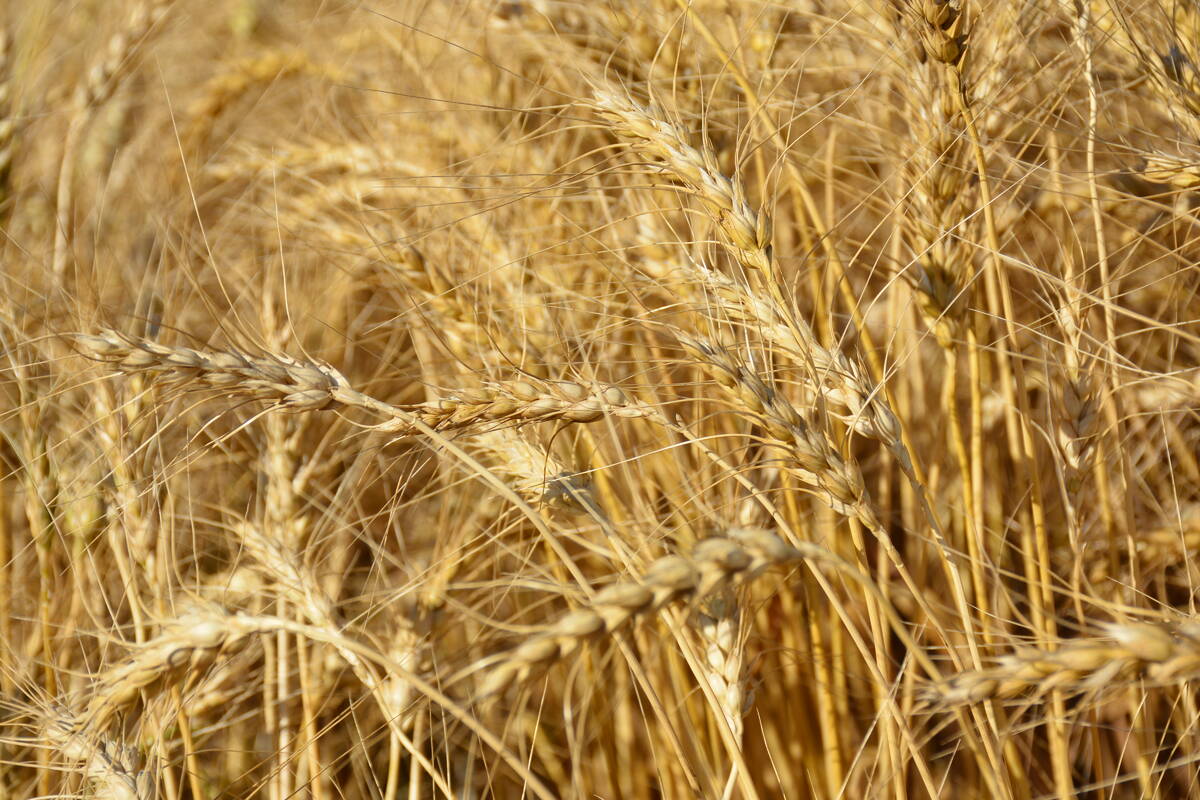OTTAWA — The British Columbia government is offering up to $3,500 to help livestock producers buy equipment to improve traceability.
The Livestock Tag Reader Rebate program covers up to 70 percent of the costs of readers and the necessary software to scan cattle, pork, sheep, goat and venison tags. Applicants must be B.C. residents and have registered in the B.C. Premises Identification Program.
The program targets smaller operations. Larger ranches can get funding through the ministry’s On-Farm Food Safety and Traceability Program.
“I think this is a good program and a good opportunity to try and bring people in to doing a little more of the traceability on their own place,” said Kevin Boone, manager of the B.C. Cattlemen’s Association.
Read Also

Large wheat supply pressures prices
World wheat prices are likely to continue falling as more bumper crops are harvested, says Arthur Portier, an anlayst and senior consultant with Argus Media.
“It will move things forward on a traceability file and also helps with herd management on farm where they are more apt to keep records,” he said.
In instances of a disease outbreak, records should be more readily available if they chose to use it the system. It can also be used to manage records on the farm.
“If producers can find a use for it at home then there is a better opportunity for uptake. This is a good step,” he said.















